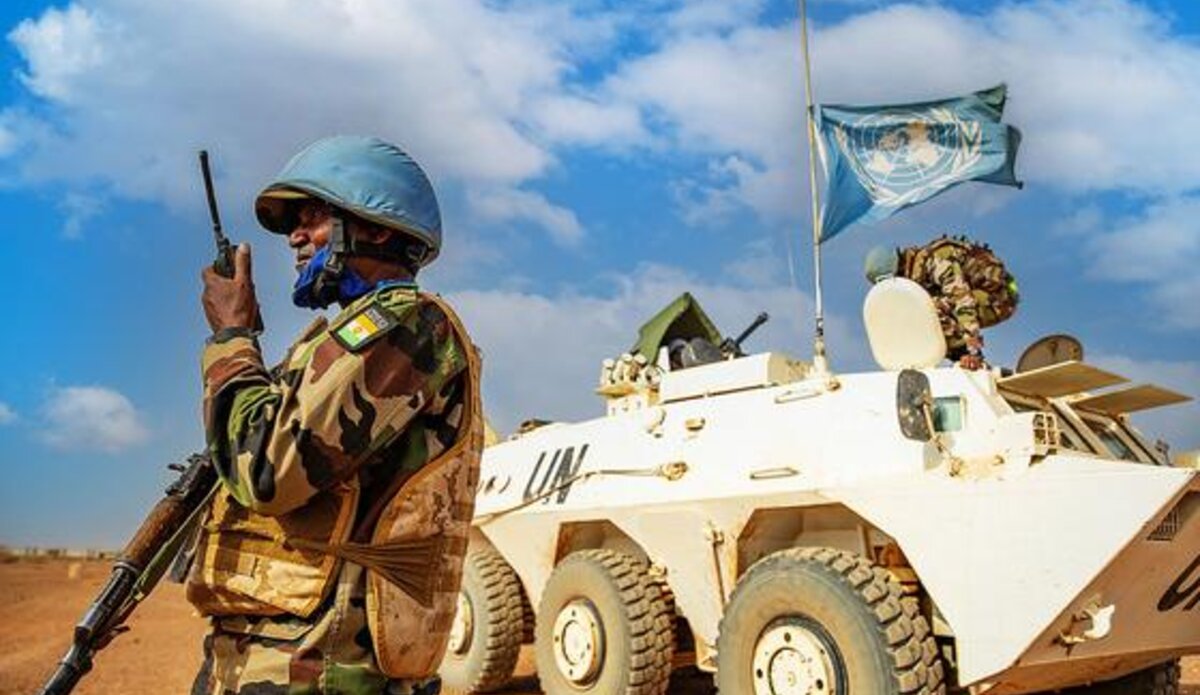(4 minutes read)
Jean-Pierre Lacroix, the United Nations Under-Secretary-General for Peace Operations, is on a two-day visit to Mali. During the visit, he met national authorities in preparation for the planned withdrawal of the UN mission by December 31
Jean-Pierre Lacroix, the United Nations Under-Secretary-General for Peace Operations, is on a two-day visit to Mali. During the visit, he met national authorities in preparation for the planned withdrawal of the UN mission by December 31. While in the city of Mopti accompanied by the head of MINUSMA, El-Ghassim Wane, he met the city’s governor, Colonel Major Abass Dembele.
Read Also:
https://trendsnafrica.com/mali-drops-french-as-official-language/
Both people reported to have discussed the need for preserving the gains from MINUSMA’s presence, underscoring the need for ensuring all conditions set for MINUSMA’s withdrawal. It may be recalled that the United Nations Security Council in July 2023 unanimously voted to end its decade-long peacekeeping mission in Mali. This was in response to a request from its military government to withdraw the troops.
The UN Multidimensional Integrated Stabilisation Mission (MINUSMA) was established by the Security Council in 2013 to deal with the uprising by armed groups linked to al-Qaeda in northern Mali. It was tasked to support political processes such as the implementation of ceasefire agreements, delivery of humanitarian assistance, and maintenance of security during the transition to constitutional order.
Read Also:
https://trendsnafrica.com/mali-approves-draft-constitution-2/
In 2012, Tuareg and others in northern Mali’s Azawad region started an insurgency in the north under the aegis of the National Movement for the Liberation of Azawad. After some initial successes and complaints from the Malian Army that it was ill-equipped to fight the insurgents, who had benefited from an influx of heavy weaponry from the 2011 Libyan civil war as well as other sources, elements of the army staged a military coup d’état on 21 March 2012. Following the coup, the rebels made further advances to capture the three biggest cities in the north: Gao, Timbuktu, and Kidal. Following economic sanctions and a blockade by the Economic Community of West African States (ECOWAS) on the country, a deal, brokered in Burkina Faso by President Blaise Compaoré under the auspices of ECOWAS.
Read Also:
https://trendsnafrica.com/mali-urged-to-join-g5-sahel-organization
On 1 July 2013, 6,000 of a future total of 12,600 UN peacekeeping troops officially took over responsibility for patrolling the country’s north from France and the ECOWAS’ International Support Mission to Mali (AFISMA). On 16 June 2023, the Foreign Minister of Mali requested that the United Nations terminate MINUSMA due to what he called its “failure” to stabilize the situation there.[12] The mission was officially terminated on 30 June 2023, with all UN forces due to leave Mali by 31 December 2023.





